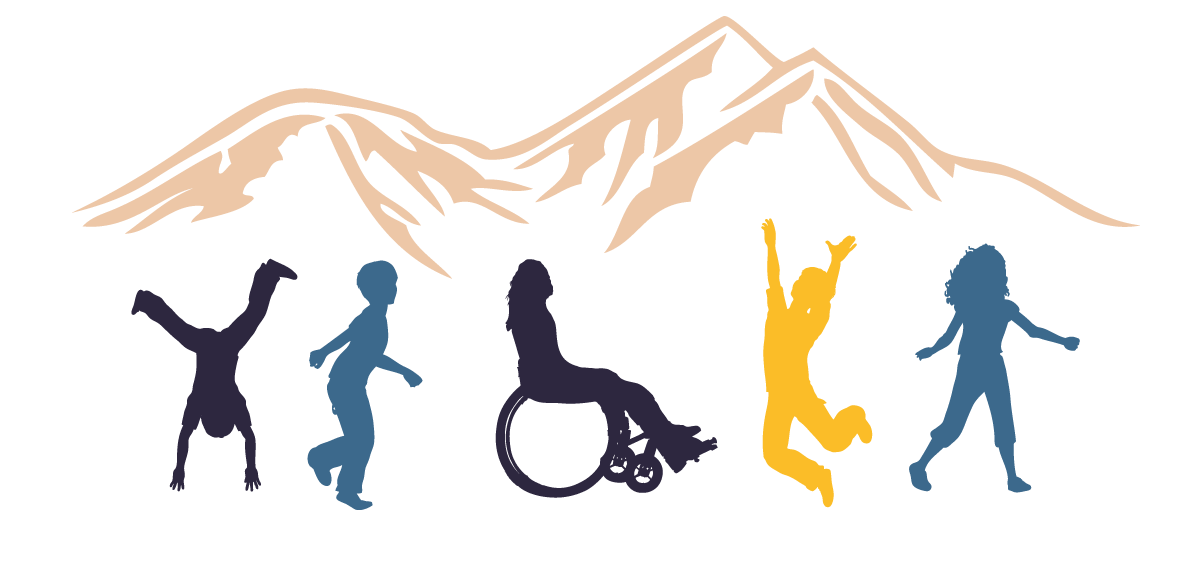What is Human-Centered Care and Education?
Human-Centered Care and Education applies the approach of Human-Centered Learning, Teaching, and Leading (HCLTL) to the P-20 care and educational continuum.
Model developed by Dr. Kendra Coates
Human-Centered Learning, Teaching, and Leading (HCLTL) is grounded in the fields of Mind, Brain, & Education (MBE) and the Science of Learning & Development (SoLD).
What is the Science of Learning and Development (SoLD)?
The science of learning and development refers to the emerging and growing body of knowledge illuminating how young people best learn and develop. It brings together leading scientists and education experts from a variety of fields —including neuroscience, epigenetics, learning science, social and emotional learning, early childhood development, the science of adversity, and human development—to identify and articulate essential insights that can inform how best to transform education systems so that all young people thrive.
Design Principles for Schools
Putting the Science of Learning and Development Into Action
Essential Guiding Principles for Equitable Whole-Child Design
Given what we know from the science of learning and development, we can redesign all learning settings so that young people can thrive.
What is Mind, Brain and Education (MBE)?
Mind, Brain, and Education (MBE) science is a trans-disciplinary field that "unifies research from psychology, neuroscience, and pedagogy to enhance human teaching and learning process using transdisciplinary research (Hinton, Fischer & Glennon, 2012; as cited in Tokuhama-Espinosa, 2017)."
MBE Principles
Human brains are as unique as human faces.
Each individual’s brain is differently prepared to learn different tasks.
New learning is influenced by prior experiences.
The brain changes constantly with experience.
The brain is plastic.
Without attention and working memory, there is no learning.



